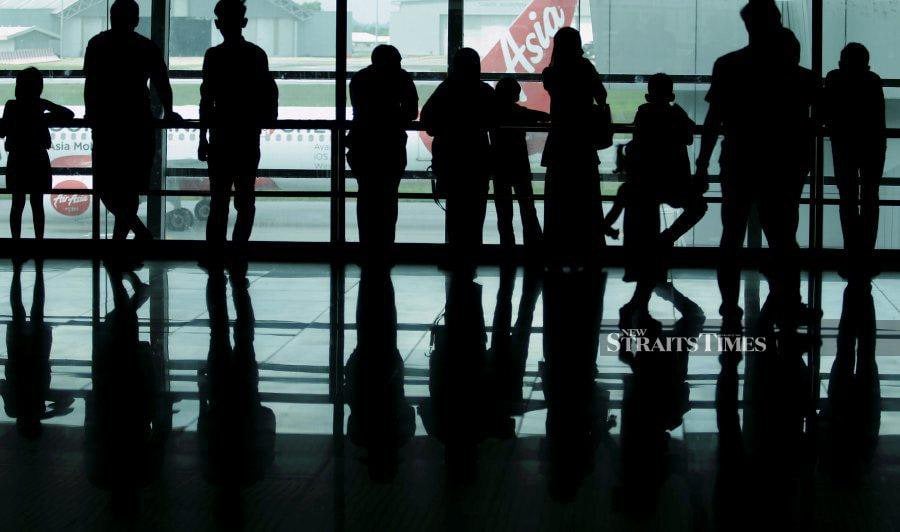LONG queues were reported at the Tebedu-Entikong border crossing between Sarawak and West Kalimantan last Thursday, when many Indonesians took advantage of a public holiday to travel to Sarawak.
Reportedly, the long line was not helped by Immigration officers making random private checks on travellers. Given the prevailing heatwave, there were reported cases of some standing in the queue fainting.
I was given to understand that such mayhem at the Tebedu (Sarawak) checkpoint is a daily occurrence, holiday or not.
Higher-ups at the Immigration Department cannot be unaware of the situation. The question is whether any attempt has been made to address it.
There has been much talk of upgrading the Tebedu checkpoint so it will be on a par with the modern Entikong complex on the Indonesian side.
Just this week, Sarawak Deputy Premier Datuk Amar Douglas Uggah Embas announced that work on the estimated RM100 million project will start next year.
Whatever physical limitations the border post faces cannot be an excuse for not putting in place interim measures to ease the long queues of Indonesians crossing the border daily.
Tebedu has become the main point of entry into Sarawak from West Kalimantan since daily flights between Kuching and Pontianak, which were suspended at the height of the Covid-19 pandemic, have not resumed despite calls to have them reinstated.
Hopes for any Kuching-Pontianak flight resumption may have been dashed by the recent decision of the Indonesian aviation authorities to re-designate about a dozen Indonesian airports from international to domestic, including the one in Pontianak.
This will be a setback to Sarawak businesses, especially the private hospitals in Kuching that treat a large number of patients from across the border.
I have been told that many Indonesians seek medical attention in Kuching given the sorry state of health and medical care over much of the country.
While medical tourism is obviously of increasing importance for Sarawak, and Indonesians constitute the bulk of foreign patients, it has become commonplace to see young Indonesian families in Kuching, frequenting restaurants and cafes.
More Indonesian-registered vehicles seem to be parked outside hotels.
This attests to the growing importance of Indonesia to Sarawak tourism. This is true not just of tourists from West Kalimantan but also from Jakarta, which is now linked to Kuching with daily flights.
The Sarawak Tourism Board will do well to be more proactive in attending to their needs.
It is gratifying to note that Sarawakians are also taking advantage of the flights from Kuching to Jakarta (which make Jakarta as near and affordable to Kuching as Kuala Lumpur) with many local golfers, for example, finding teeing-off in the Indonesian capital a newly-accessible option.
Local tourism players should also be encouraged to bring more Sarawak visitors to West Kalimantan.
This will bring about a healthier two-way flow of tourists between the two neighbours and make it easier to convince Indonesia to resume flights between Kuching and Pontianak since the main rationale given for reverting Pontianak Airport to domestic status was that the airport was sending more Indonesians out of the country than it was receiving foreign visitors.
This is an important facet Sarawak needs to bear in mind, especially given the state's aspiration to be an aviation hub with the acquisition of MASwings.
Interactions with the whole of Kalimantan need to be stepped up to turn this aspiration into reality.
The writer views developments in the nation, region and wider world from his vantage point in Kuching
The views expressed in this article are the author's own and do not necessarily reflect those of the New Straits Times






